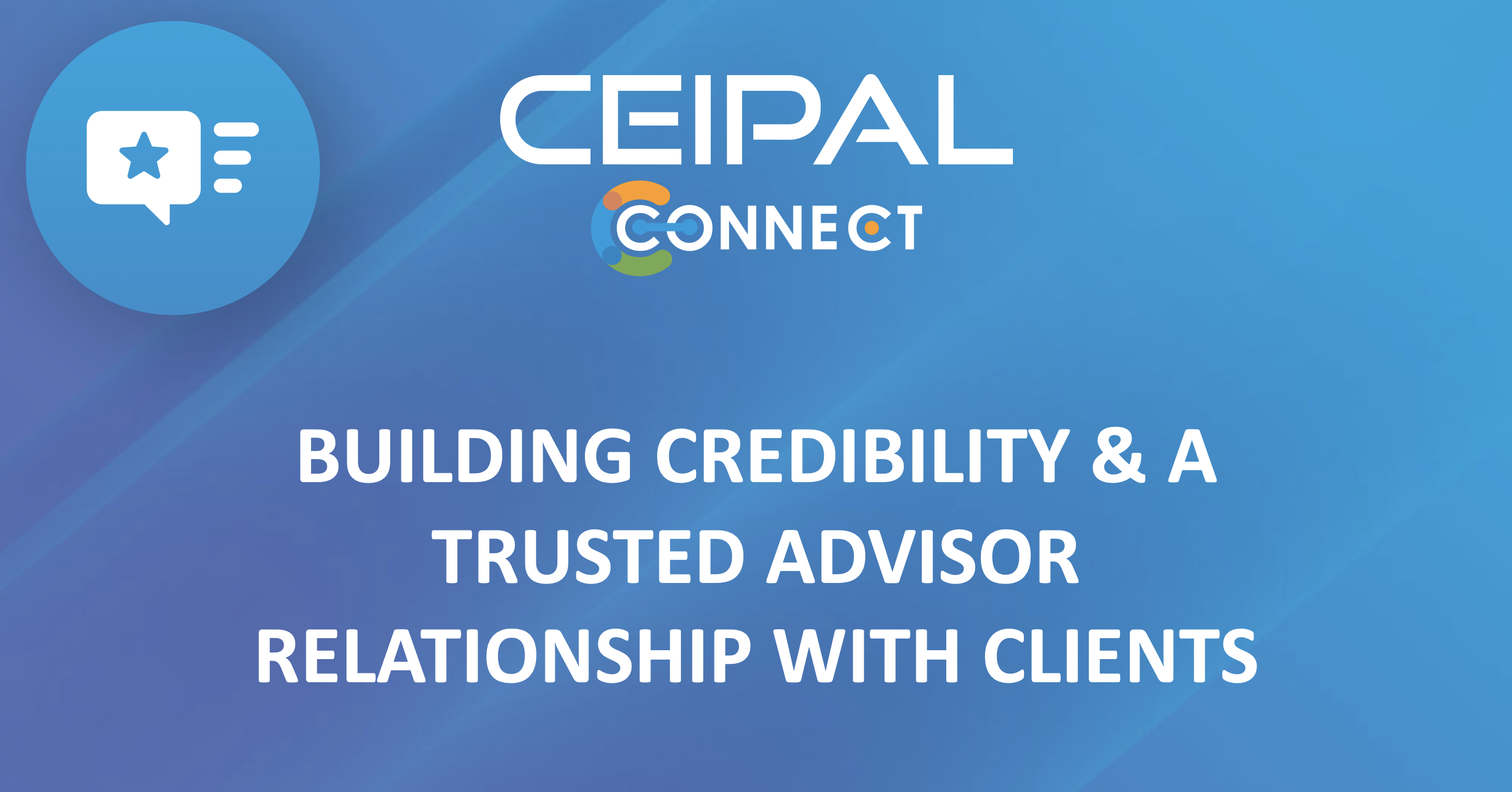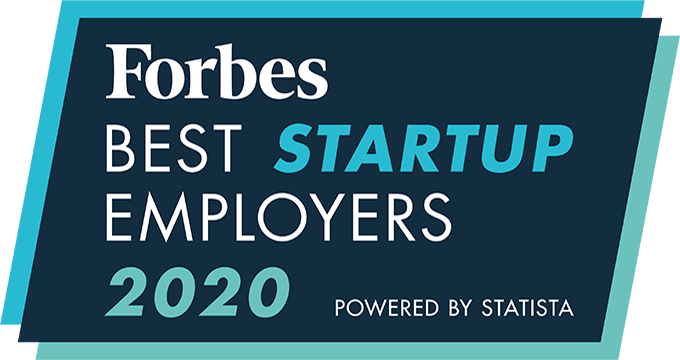Learn how to get clients to call you first when they won’t even return calls from other staffing firms. Specific techniques you can use to immediately boost your credibility and perceived value to the client.
Watch the Replay
Presenter: Jim Coughlin (Creative Director, ClubVMSA)
Recruiters exist within a complex network of relationships. On one side, recruiters are constantly building relationships with new candidates, convincing them to apply for jobs and interview with clients. On the other side, recruiters are keenly aware of their hiring managers and clients, interacting with them to learn more about job descriptions and candidate preferences.
Leveraging these relationships can determine how successful a recruiter is. Recruiters who build credibility with both their candidate and clients position themselves as trusted advisors, whose recommendations are followed. Recruiters who fail to build this credibility, however, will find it increasingly difficult to navigate their business relationships to make more placements.
So how can recruiters build credibility in their relationships? And once this credibility is built, how can it be harnessed to propel work forward?
The Credibility Continuum
Credibility is defined as “the quality of being trusted or believed in.” In a recruitment context, it can be helpful to think of “credibility” as a continuum, or one long line. On one end of the line is “zero credibility.” This means you have no influence over people—they don’t know you and don’t trust you. On the other end of the line is “total credibility.” This means that if you tell someone to jump off a bridge, they ask which bridge.

Every relationship you have can be charted along this line of credibility. As a recruiter, your goal is to move your place on this continuum of credibility so you’re established with recruiters & candidates.
Building Credibility
Every recruiter can control the ways in which they build credibility. Simply focus on:
- What you say. Even in a remote world, speaking is the primary way people communicate with one another. Paying attention to what you say, how you say it, and when you say it are key factors that influence your overall credibility. It’s also important to say something. Until you engage a person in conversation, you have effectively no credibility.
- What you do. Even more important than what you say is what you do. Every action you take, from when you send an email to how quickly you make placements, says something about the kind of recruiter you are. Remember: actions speak louder than words.
- Time. This is the one factor of credibility no one can control. But the truth is that if you pay attention to what you say and what you do for a longer amount of time, you will have more credibility. Time is the final variable affecting your overall credibility, and it’s also one of the most important.
Let’s take an example. As you’re trying to build credibility with candidates, you promise that you will get back to them regarding a certain job within a defined time period. By saying this, your credibility increases. You’re clearly communicating with them. Actually following through and informing them of the hiring decision is even more important. What you do, remember, speaks louder than what you say.
Now imagine that you followed this exact process with 50 candidates for 2 years. At the end of those two years, those candidates will trust you. Every time you’ve submitted them for a job, they’ve heard back from you in a prompt manner. If you ask that candidate to update their resume or interview at a certain place, they’re much more likely to do so. Simply put, they trust you.
Building a Trusted Advisor Relationship
Influencing people is one thing. Being a verified “trusted advisor” is another. You may be extremely effective at influencing those around you, but this doesn’t mean that you’re a trusted advisor to all your co-workers. So what exactly constitutes this trusted advisor relationship?
First, let’s try an imaginative exercise.
- Count how many people you consider a trusted advisor. This could be in all realms of life. Maybe you have a doctor you rely on for regular check-ins, or a financial advisor who helps you manage money. Maybe you’re close with your parents and lean on them for relationship advice, or maybe you have a significant other. Whatever the case may be, count how many people you truly trust.
- Count how many people consider you a trusted advisor. This is trickier. Think about all your relationships. Who comes to you for advice? What sorts of issues do they ask you about? It could be your employee or a younger sibling asking you for career advice, or a good friend who’s going through a hard time.
- Figure out what exactly makes these relationships. Now that you have 4-5 concrete examples in mind, figure out why these relationships earn the trust that they do. How did your advisors build so much trust with you? How did you build so much trust in your relationships? Become aware of why you seek people out (and why people seek you out), and then leverage this knowledge in a business environment.
Influencing Relationships in Recruitment
Building trust is important in our interpersonal relationships, but it’s also important in our business relationships. Recruiters, who thrive on the art of creating relationships and influencing people, need to pay attention to the credibility and trust they build throughout time. Those who excel in these regards will find their jobs more enjoyable and their careers more successful than those who do not.
About ClubVMSA
ClubVMSA gives Extended Workforce Buyers and their partners a safe place to connect and engage. Learn more about ClubVMSA and their services here: https://clubvmsa.com/.









